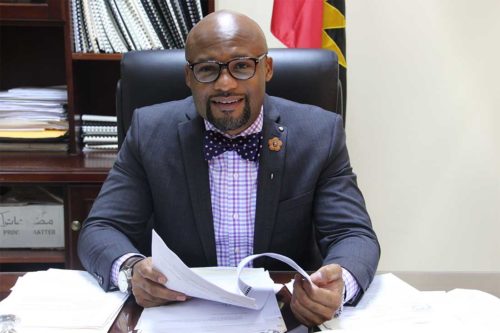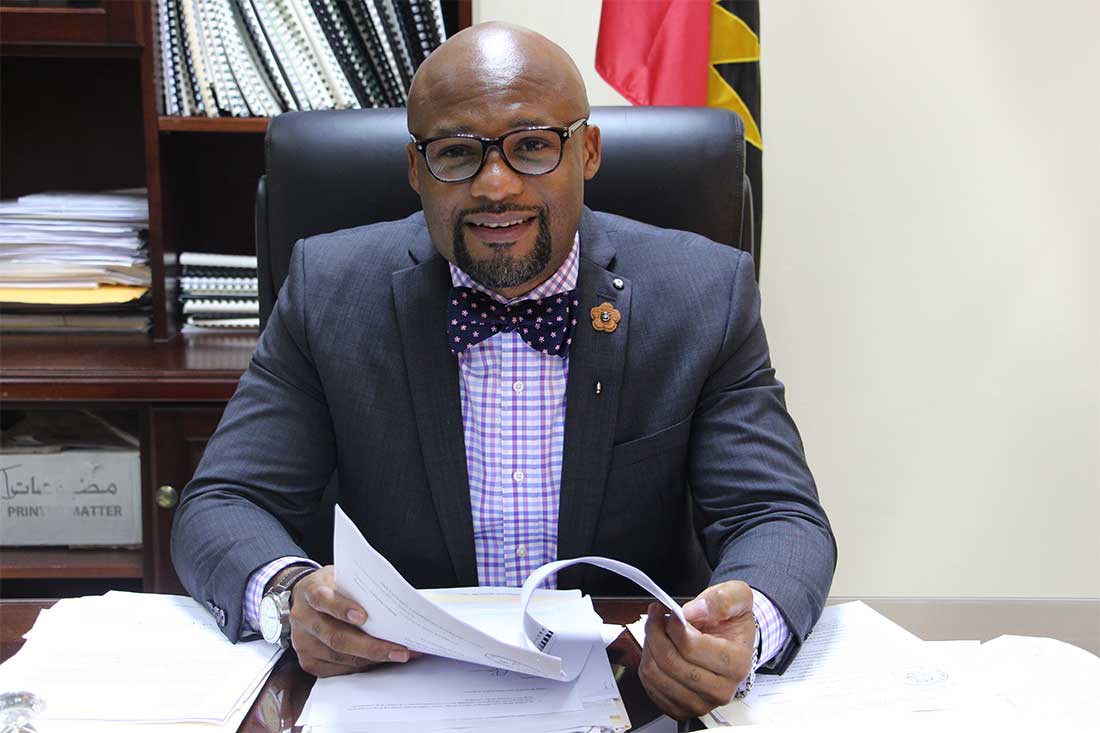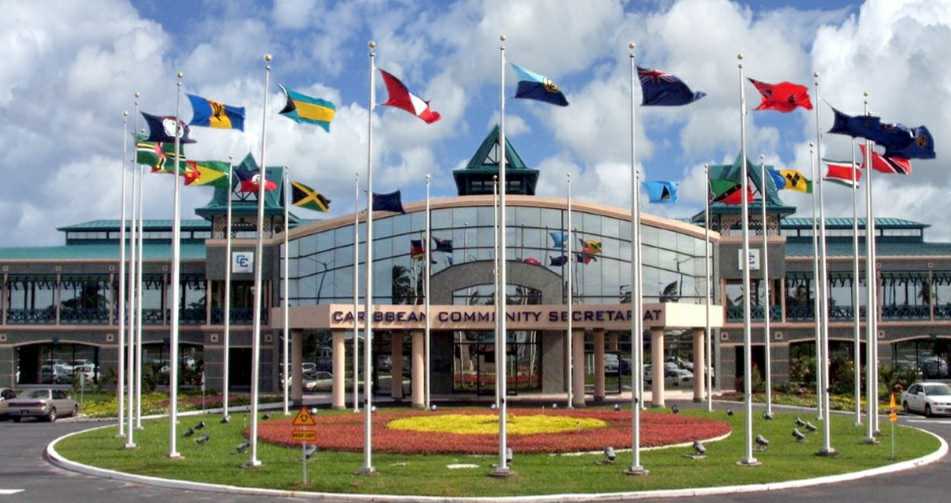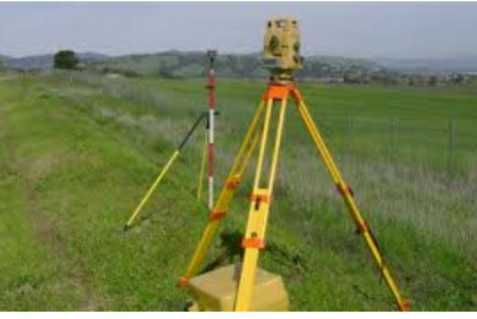
The COVID 19 Pandemic has been characterized by many as the unseen enemy moving swiftly across the globe. To date, at the international level, it has affected approximately 1.5 billion students with run on impacts for teachers and caregivers. Within the Caribbean Community (CARICOM) it has disrupted the education and careers of over five million students and two hundred thousand teachers across the Basic Education, Skills for Lifelong Learning and Tertiary Education Sectors, including the provision of special education. In the CARICOM Region, a whole of Government approach has been taken to managing the impact of COVID-19 at the national level. The Region is to be applauded for its swift and coordinated responses to COVID-19, putting in place the health, education, social, economic and security protocols needed to reduce the impact on the social sustainability and economic resilience of the region.

With a particular reference to COVID-19 and education, the response required relates to decisions to ensure the continuity of education on the one hand, and enabling a swift recovery on the other. Now more than ever, the Region has become acutely aware of the essential roles played by schools and teachers in maintaining the safety and security of children and vulnerable youth. COVID-19 has amplified our awareness of the need for increased technological innovation in the operationalisation and assessment of educational systems and has triggered the need for a response to education for all, in periods of crisis.
The closure of schools has impacted the earning capacity and participation rates of caregivers, in particular single parents and those who are self-employed; challenged the health security of children who rely on the provision of school meals; increased the risk of exposure to incidents of physical, emotional and sexual abuse and hampered the successful integration of at-risk youth in continuing education.
Teachers have also been affected. They are now being called to execute pedagogical innovation that many feel not prepared or trained for; challenging the quality of educational delivery and the efficacy of teachers. COVID-19 is rehearsing often aired propositions on the need for education systems to become 21st Century ready; it is challenging expectations for continuing teacher professional development and creating new conditions of labour for the teaching force, made of up mostly of women, who also fulfil obligations as caregivers.
COVID-19 has exposed even more the pestering inequalities of educational provision in many of our Member States (MS). This also challenges our ability to deliver universal quality education to our citizens. There is now a greater urgency to secure the continued access and participation of children, youth and adults who live with special education needs and disabilities. Those families who are extremely poor or live in remote geographical locations (including the teachers who live in these areas) are at this time unable to fully access the educational accommodations that are being put in place by governments as interim responses to the need for educational provision at a distance over an undeclared, yet protracted period of time. The uncertainty of when the pandemic will come to an end is facilitating deepened uncertainties in educational provision.
A Call to Action- COVID19 and Education CARICOM
As it relates to the education sector our readiness to respond to the provision of quality basic education at a distance, using online synchronous and asynchronous approaches has been prefigured by the 21st Century readiness of our educational infrastructure. Educational resilience requires an urgent digital transformation. Within MS educational continuity and stability have been managed through interventions that range from the creation of learning packets that are delivered to children, to the creation of educational television series facilitated by particular experts, to the use of learning platforms where both teachers and students can interact via synchronous or asynchronous modes. Out of an abundance of concern and using the whole of government approach, MS have also ensured the provision of welfare relief to students and their families.
Our Higher Education sector appears most ready to respond to the provision of technology enabled education in a crisis, with faculty and students of some institutions more ready to continue their educational careers in an online environment. However, attention must be given to TVET institutions, and Community Colleges, to ensure that they too have the capacity and infrastructure to contribute to the normalcy of post-secondary education provision. The Caribbean Examinations Council (CXC) has been a regional vanguard in the area of E-Testing and has demonstrated their solidarity with the region through a proposal for a revised examinations strategy that aims to ensure the integrity of the examinations process, produce valid grades and sustain educational progression across levels of learning.
It is evident, that a critical paradigm shift in educational provision is needed; we need to ensure educational resilience through digital transformation. This is the call that is made through the UNESCO SDG 2030 Agenda and reflected in the CARICOM Human Resource Development 2030 Strategy, through the design and implementation of a Caribbean New School Model. Responding to this call can no longer be delayed by the vagaries of financial and political positioning. If the region is to acquire the economic and social resiliency required for educational provision it must become innovative, mediated by ICTs and driven by a competency-based approach.
I take this opportunity as the Minister of Education, Science and Technology, Antigua and Barbuda and Chair of the Council for Human and Social Development (COHSOD) to call my colleague Ministers to action. To aid in a swift recovery from COVID-19, Ministries with responsibility for Education across the CARICOM Region must:
- Contribute to a regional capacity to respond through knowledge and resource sharing that ensures that we respond and recover at equitable rates as one CARICOM.
- Articulate national policies related to the provision of education in periods of crisis, ensuring the protection of the most vulnerable, including where relevant, members of the migrant population.
- Commit to a digital transformation that guarantees the resilience of the educational system. This is an investment where educational leaders, teachers and students are enabled to engage in quality learning and assessment using fully online platforms; thus aiding in the rapid recovery from the effects of COVID-19.
- Strengthen public private partnerships with members of industry to enable a smoother transition between pre-, during- and post-COVID-19 realities. Safeguarding the future of our national and regional workforce and entrepreneurial sectors.
- Ensure that the information related to COVID-19 is disseminated in such a manner that allows teachers, students and families with cognitive, physical and psycho-social learning differences, access to factual information that supports their ability to advocate for and protect themselves and their families in this crisis.
- Recognise and cater for the mental health impact of COVID- 19 on teachers and learners, paying attention to the ways in which this too can serve to disrupt learning. Interventions must be designed that support the emotional wellbeing of learners, teachers and parents.
We do not know the length of this road, but we do know that we are journeying together. Let us adhere to the national and regional safety protocols designed to ensure that we remain in the best of health to continue to serve our children, teachers and communities who stand with us in service. We are all obligated to protect our CARICOM legacy that is the health, well-being and educational excellence of the children and youth of our Region.




